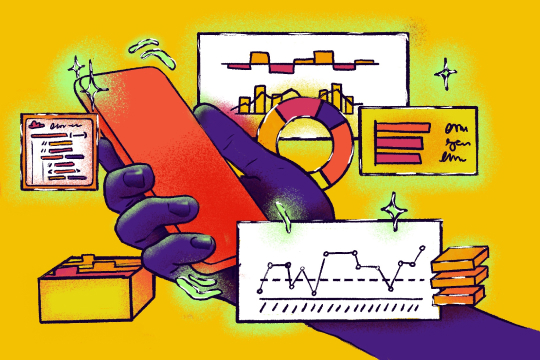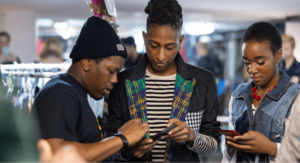Data analysis used to be for specialists, but not anymore. While AI analysis software is an augmentative force, not a replacement for human data experts, the recent rise of dedicated AI options is great news for event organizers.
Whether you’re looking to streamline operations, nail down an ideal audience, or put marketing dollars in the right bucket, AI can do the hard work for you.
“The core advantage of using AI in data analysis is its ability to handle large volumes of data quickly and with high accuracy, which humans alone would find overwhelming,” says Jacob Kalvo, CEO of Live Proxies.
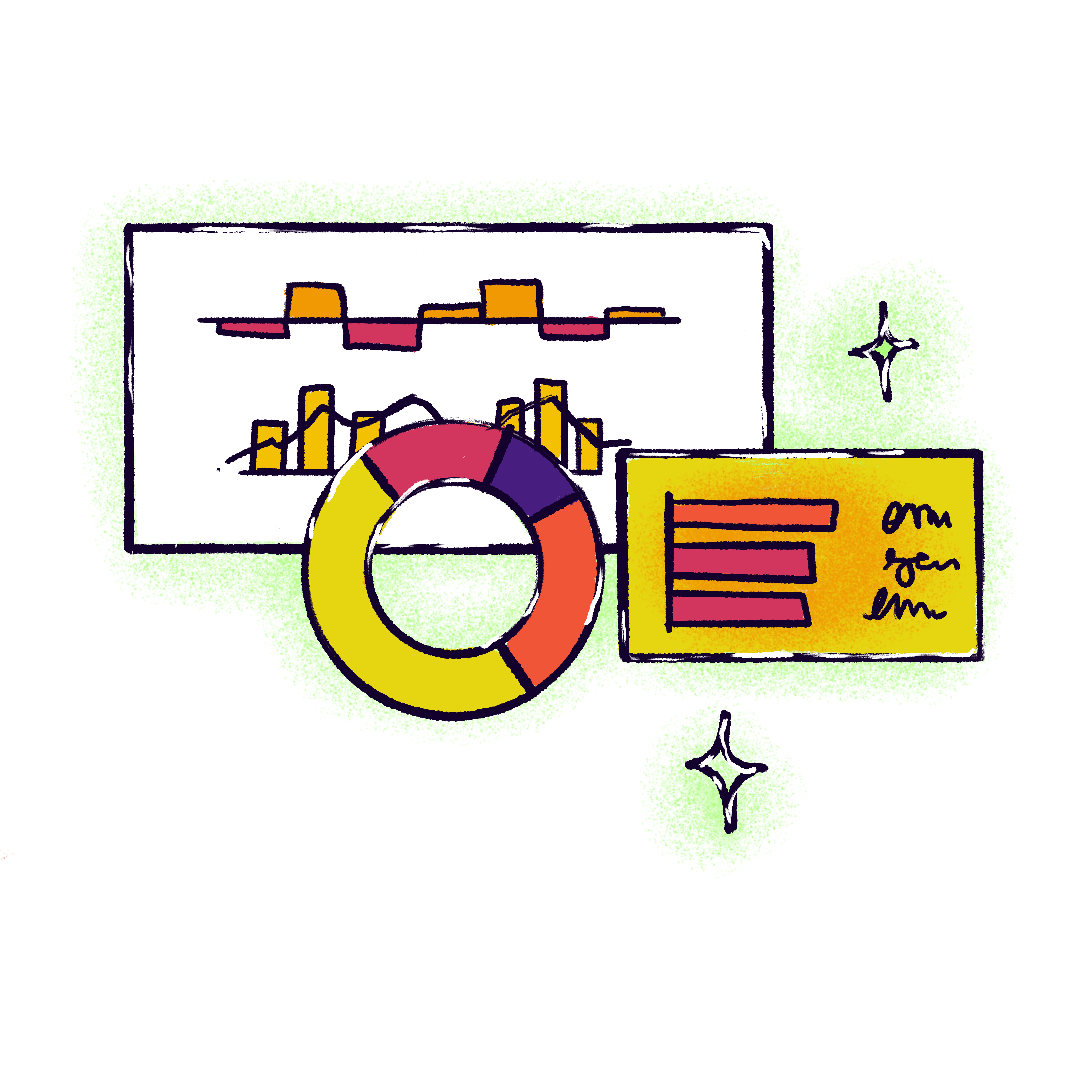
“AI algorithms can identify patterns, predict trends, and make recommendations in real-time, which is incredibly useful for event organizers who need to make quick decisions based on current attendee behavior, preferences, and engagement.”
If you’re an AI beginner, don’t worry—so is everyone else. In the US, only 3.8% of businesses are using AI so far and while uptake will only grow, it means there’s no rush to be an expert.
Those in the know recommend starting small and using AI for easy wins with genuine business needs rather than grabbing every tool to solve every problem. With that in mind, let’s look at some simple ways that AI—both Eventbrite’s AI tools and others on the market—can help you better use your event data.
Event planning and preparation made easy
One way to integrate AI into your event planning stage is with predictive analytics—tools that take data inputs and “find patterns that might predict future behavior,” in Google’s words. Predictive analysis AI tools—and there’s a huge range to choose from—can take some of the mystery out of anticipating numbers like event registration or attendance.
“By analyzing past data, current trends, and other factors (like the weather), AI can predict turnout with surprising accuracy,” says Patricia Gamboa, founder of Patrician Company. “This will help planners and producers plan for capacity, staffing, food and beverage, and budgets efficiently.”
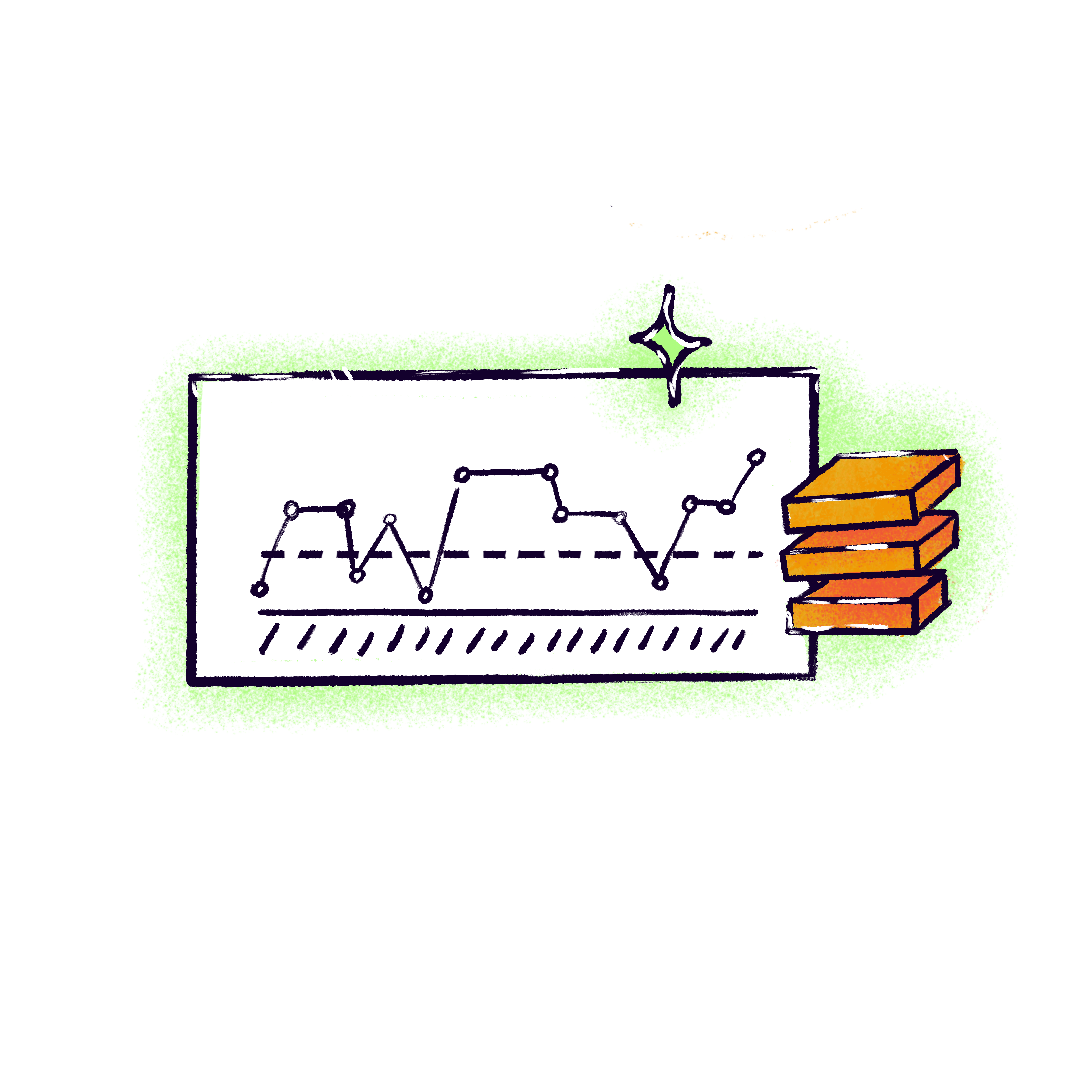
With the right data, predictive analytics tools—such as those offered by Salesforce, SAP Analytics Cloud, and the event-specific Splash AI—can provide insight into everything from future ticket demand and attendance figures to ideal market segmentation and inventory requirements.
For organizers with huge data sets—say, several years of event attendance numbers, social media interactions, or extensive market research—the first step might be to store and organize that data into a more manageable format like a data warehouse, which makes analysis more streamlined and, ideally, more accurate.
Mastering live and real-time data for personalized events
Personalized experiences are more important than ever. According to Forbes, “advances in AI technologies will enable even deeper personalization, predicting customer needs based on past behavior and real-time data analysis.”
Personalized experiences can also be created with the help of AI chatbots. Custom chatbots, trained on your data, can offer event attendees the sort of tailored experience that a human would struggle with. Think of these as a shortcut to pulling an answer out of a sea of data—the kind of thing that might take a long time for a human but a fraction of a second for a chatbot.
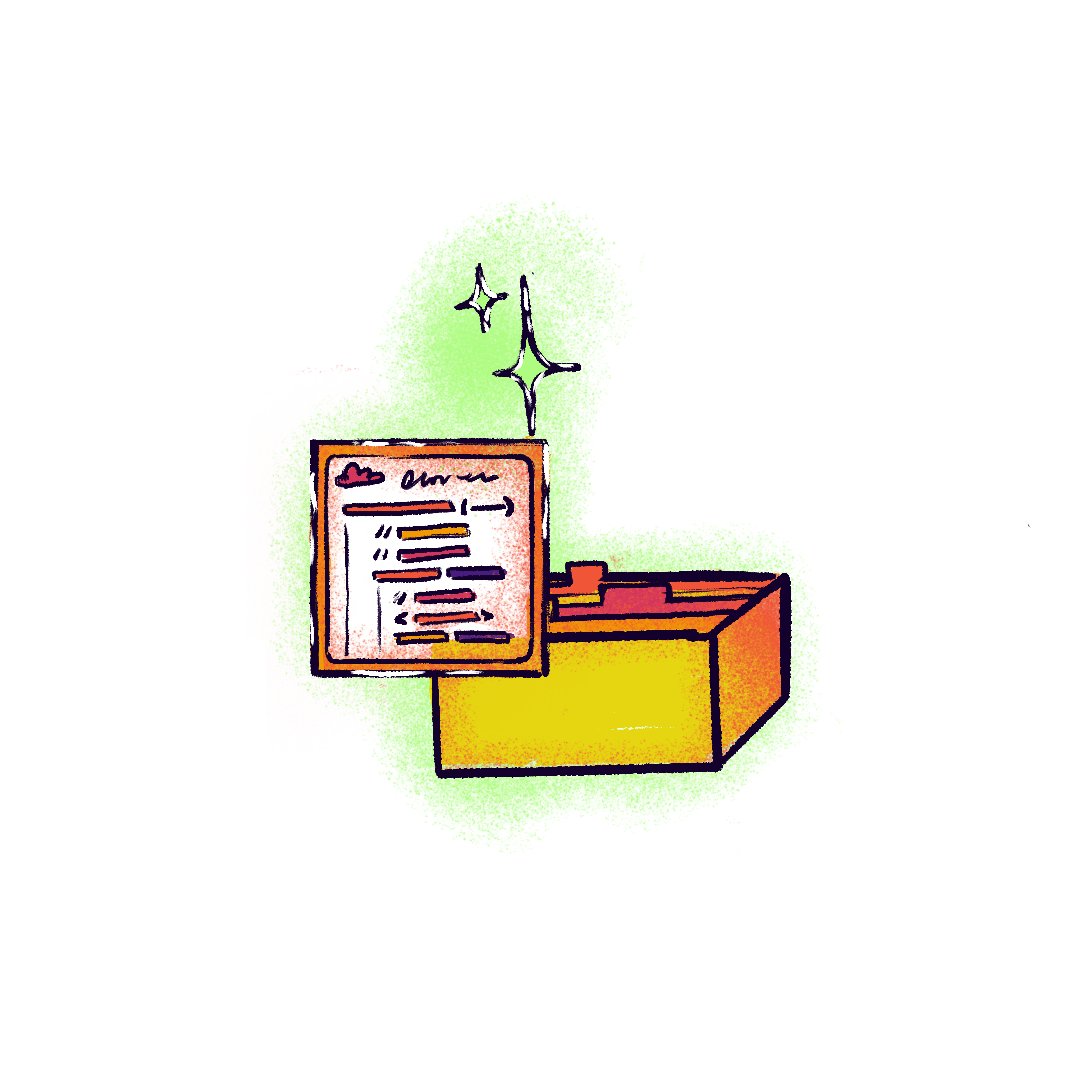
A chatbot could theoretically use all the data available at your event to answer attendee questions like where the closest toilet is or how long until the bar closes.
For organizers, these queries could compare hourly ticket sales to the previous year’s event or whether the burger stand needs extra staff members at certain times of the day. Integrating a data-driven chatbot like this could give events of any size the personal experience usually reserved for the smallest gatherings.
Post-event reviews for better events
When the dust settles, it offers a chance to look at the data, understand what went right, and what could be improved next time. AI excels at taking big data sets and finding patterns and anomalies, which is what post-event reviews are all about.
One way to get a leg up on your review is with data visualization tools, which use AI to create intuitive and easy-to-understand visual representations of your data. These tools—like Tableau and Sisense—make it easy to actually see what data means, with patterns, trends, and anomalies jumping out even to those who aren’t “numbers people”.
There’s more than just numbers to be crunched, though. Even in AI, tried-and-true review methods like customer surveys and written feedback can reveal valuable insights into an event’s performance.
Tools like MonkeyLearn take the idea of data visualization and apply it to text. It lets you use AI analysis and intuitive visualization to understand feedback trends, analyze overall attendee sentiment, and drill down into what you’re doing right (and where you can improve).
Make data work for your event
The world of events is competitive, and every advantage is worth taking in a crowded market. Whether you’re looking to predict event attendance with accuracy, offer personal experiences powered by data, or take your post-event review to another level, data-analysis AI tools can help—you just need to find the one that works for you.
Looking for more AI advice? Eventbrite is at the cutting edge of AI-powered tools. Explore more Eventbrite AI guides and how-tos, from AI-powered social media to event-ready AI tools and the AI trends to watch out for.
